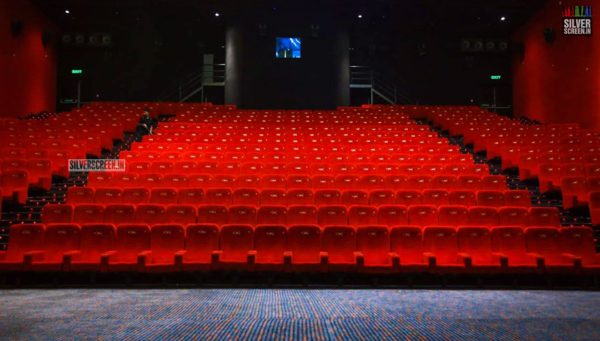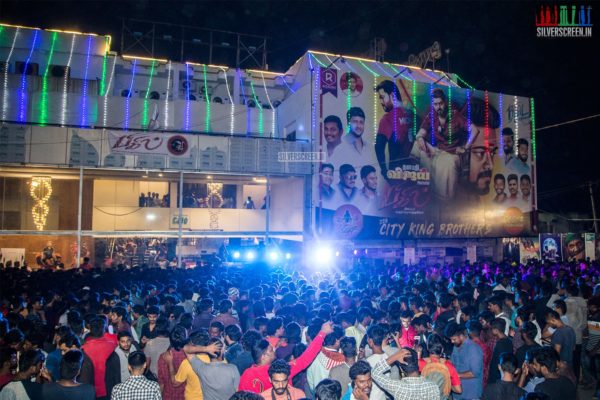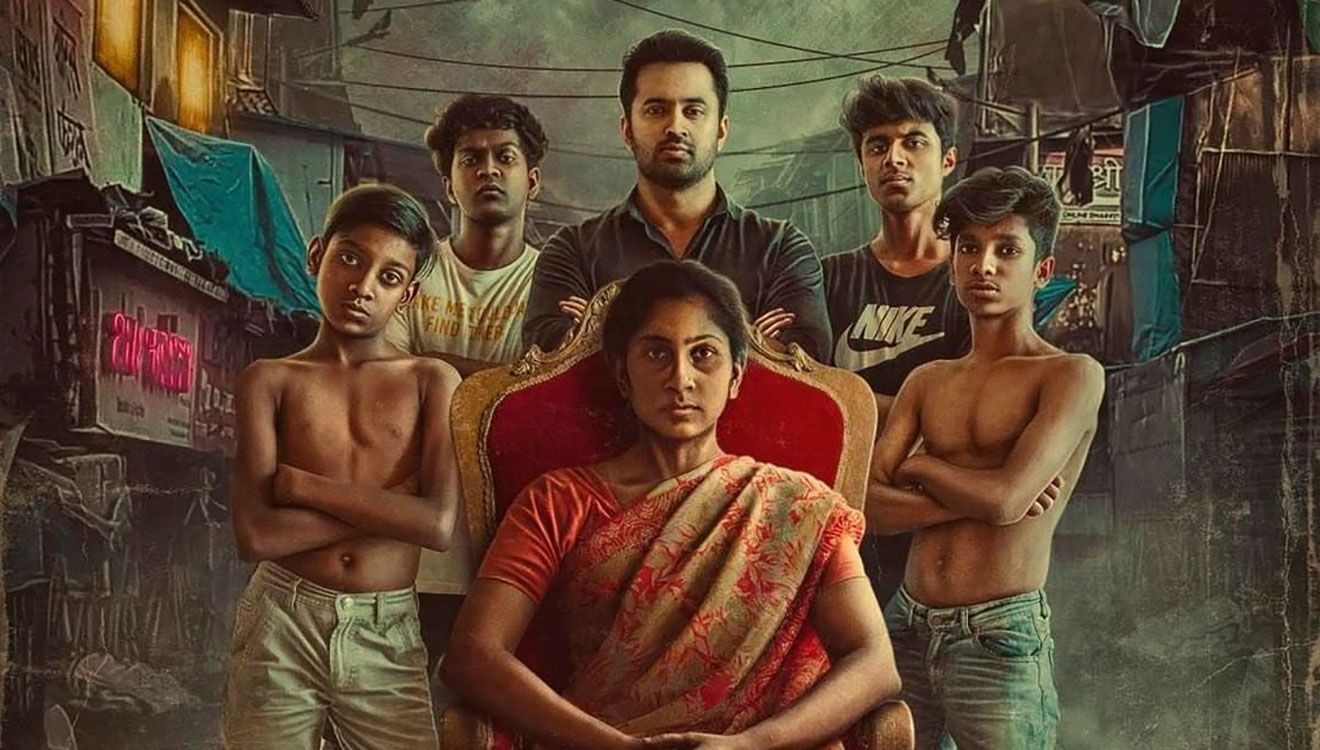While cinema halls in many states have opened up on Thursday after a six-month-long hiatus, theatres in Tamil Nadu have still kept their shutters closed. The state’s decision to postpone the reopening of theatres has further dampened the spirits of theatre owners who feel that their businesses may not bounce back in the near future.
“The best season for any cinema theatre is summer. But we have been completely shut for six-seven months now. The loss is huge to calculate. Depending on the screen and the city, the loss on an average basis will be around Rs 25 to 50 lakh per screen. To reverse this loss, it will take another three to six months,” says Ruban Mathivanan of GK Cinemas.
Mounting losses have already chipped away theatre owners’ revenue and now the wait for re-opening has sowed seeds of uncertainty regarding their future.
Theatre owners have had to bear the costs of maintenance during the Covid-19 lockdown. Theatres with water tanks and washrooms needed to be sanitised, auditoriums and the seats had to be cleaned, projectors had to be run, food-making gadgets – like popcorn and ice cream machines- needed to be oiled and maintained, they said.

PVR_VR_ChennaiInaguration
“We have been running theatres twice a week. We have been wiping seats and cleaning theatres like always. It has cost me a lot to maintain the theatres all these days and I am bearing it,” says Rakesh of Vetri Theatres.
In order to implement the SOPs released by the government, an additional Rs 3 lakh has been added to their monthly expense, he said.
The fact that no big releases will take place has also come as a dampener for their business, said Ganesh, owner of Chennai’s Kamala Cinemas.
“Major producers will not approach us. They have spent a lot of money to make their movies and so they will be expecting a full collection. If they can only receive half the revenue then they will not be willing to release their films now. They will wait for another appropriate time,” he says.
“We will screen old movies that have already been released like Kannum Kannum Kolayadithaal, Psycho, or some old English or Telugu films. Some small films will also be released. For instance, on Diwali (November 14) Sasikumar’s MGR Magan will be released,” says Mathivanan.
According to Rakesh, expenses incurred by single screen theatres are also more. While a multiplex auditorium just has a seating capacity of 150, with over seven screens, they can fare better even while maintaining 50% occupancy. However, a big theatre with just a single screen may not do well commercially. The maintenance costs of single screen is expensive, he explains.
Despite the prospect of a dull business, owners are still optimistic about reopening their theatres.
“Even if we don’t make any profit, at least we can pay the electricity bill and staff salaries from the income generated rather than from our pockets,” says Mathivanan.
Tirupur Subramaniam, president of the Tamil Nadu Theatre and Multiplex Owners Association believes that even though films are not an essential service, all those who have been cooped up inside their houses will need some form of entertainment.
“Of course we cannot expect people to throng theatres like before, the numbers will increase over time. If we wait for a while, the business will be back to normal,” he adds.

Tamil Nadu Minister Kadambur Raju had recently announced that he would be heading to the state capital for a discussion with Chief Minister Edappadi K Palaniwami and the association of theatre owners on October 19. The discussion is expected to centre around the state-mandated SOPs and precautionary measures to be taken before giving permission to reopen.
A few theatre owners also pointed out that reopening now would be akin to a trial run on how to manage a theatre during a pandemic.
“The opening of a theatre right now is just for us to gear up and comply with the SOPs and norms given by the government so that we can implement them and keep everything ready. We will also get used to this pattern so that once movies start releasing and the audience comes, it is a safe environment for the public,” Rakesh says.
While losses keep mounting, Ganesh hopes for banks to provide interest-free loans. Mathivanan feels that while some may just have to borrow, others have to pay using their savings.
Recommended
“Any kind of help from the government will be good. There is a talk about an economic stimulus coming from the central government and we are hoping that there is something there for the entertainment sector,” says Mathivanan.
Bracing themselves for poor profit, theatre owners seem determined not to hike ticket prices to make up for the losses. The theatres of Tamil Nadu work on a volume-based business, explains Rakesh. Theatres in Mumbai or Bangalore may price their tickets from Rs 600 to Rs 1,000 but in Tamil Nadu, the prices are capped at Rs 100 to 150. But now with the volume getting cut, business will be difficult to run.
While accepting that revenue generated in the upcoming months may be enough only to pay expenses, theatre owners still remain hopeful.
“Because something is better than nothing,” they say.



